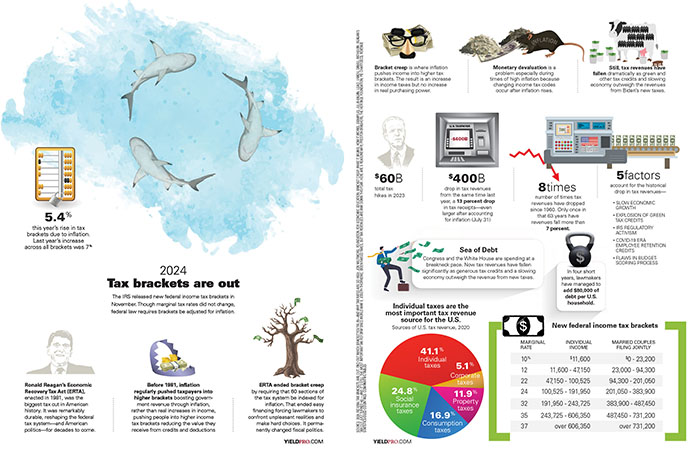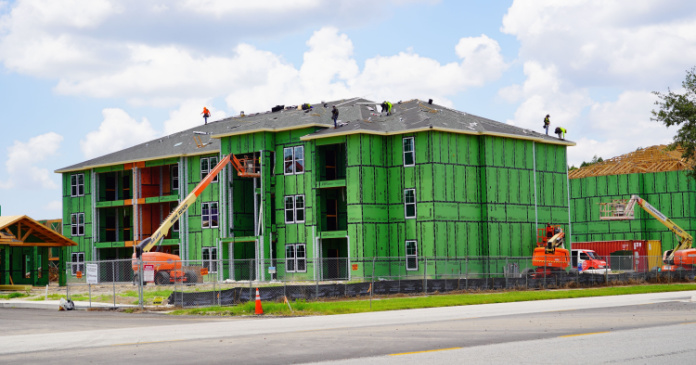Internhousing.com and NurseHousing.com–subsidiaries of Key Housing Connections Inc., a California-based corporate housing provider–are comprehensive online resources that enable clients to arrange short- term housing for cooperative education workers and interns and traveling medical professionals.
Both Web sites help clients locate and secure rental housing in markets across the United States and Canada and provide a place where their independent travelers can go to find their own housing options among listings by local apartment owners and property management companies. In addition, the sites make available the collective intelligence of short-term rental professionals and provide tips on locating hard-to-find properties and negotiating short-term leases.
Apartment owners and managers are allowed to list their communities on the sites for free.
Internhousing.com has been providing these services to government agencies and private companies for a decade. Six months ago, Nursehousing.com was launched to answer the growing need for housing in the United States for qualified medical professionals. The timing couldn’t be better for apartment companies with existing inventory or under-construction communities rising around hospitals and medical centers.
In these troubled economic times, the medical profession is proving to be recession-proof. Demand for nurses and other traveling medical professionals is outstripping supply and the imbalance isn’t likely to improve any time soon. “Medical staffing issues are impacting the whole country. In California, we are experiencing the triple threat of lower government-mandated nurse-to-patient ratios, fewer nurses graduating from nursing schools and an aging baby boom generation with higher healthcare demands,” said Jacquelyne Theisen, national accounts manager of NurseHousing.com.
“This reality leaves hospitals, care facilities and the medical staffing industry in a position where meeting the demand for qualified personnel means the relocation of thousands and thousands of people annually. In my opinion, the healthcare industry will continue to have an increasing demand for trained medical professionals in almost any kind of economy.”
Traveling nurses and other medical professionals have specific housing needs. The most requested is a location within a 15-minute drive to the medical facility where they will be working. Many will be on an “on-call” status. Some ask for upper floors and/or gated communities for security reasons. The wish lists of traveling medical professionals also often include pet-friendly properties, in-unit washers and dryers, and 24-hour exercise centers that accommodate work schedules that can change from week to week.
When medical professionals accept a position with a staffing company or medical facility, they have two options to choosing temporary housing in their new location.
“They might choose to have paid housing as part of their compensation package or they might elect to accept a somewhat different package and arrange their own housing,” said Theisen, explaining that some medical staffing companies have in-house housing departments that search for apartments and arrange all the details of furnishing and accessorizing the units, while others work with corporate housing providers to secure turnkey accommodations for their travelers.
According to Theisen, “Our experience has shown that some staffing companies specialize in one area more than another. One company might have the majority of their nurses accepting a stipend for independent housing, while another company may have a majority who prefer to have turnkey housing provided.” The ratio of traveling medical professionals who accept paid housing options versus those who arrange their own has changed over the years. “Today, we see that 50 to 60 percent elect to arrange their own housing independently,” said Theisen.
Independent traveling nurses and other medical professionals simply log on to the password-protected NurseHousing.com site to locate their own apartments. Because the most common staffing positions for traveling medical professionals are 13-week assignments, a three- month lease is most attractive. However, a lot of hospitals will try to recruit traveling nurses for full-time positions if they are happy with performance.
“A fact that is not widely known is that many temporary housing contracts are extended. We have experienced a number of cases where a nurse extends and then becomes a permanent employee,” said Theisen.
The corporate and government intern group has similar needs, but, because some interns will not have their own automobiles during their temporary assignments, this group also values an apartment that is in close proximity to public transportation, as well as multi-bedroom units that can be shared with roommates.
Theisen said that although many intern and cooperative programs are held in the summer months, the number of programs offered on a year- round basis is growing.
The traveling nurse and intern/co-op groups represent qualified resident demographics for apartment owners and managers who opt to make short-term housing available at their communities. Co-op/interns generally are the best and brightest of undergrad and graduate students, while traveling nurses are well-paid trained professionals in high demand.
















